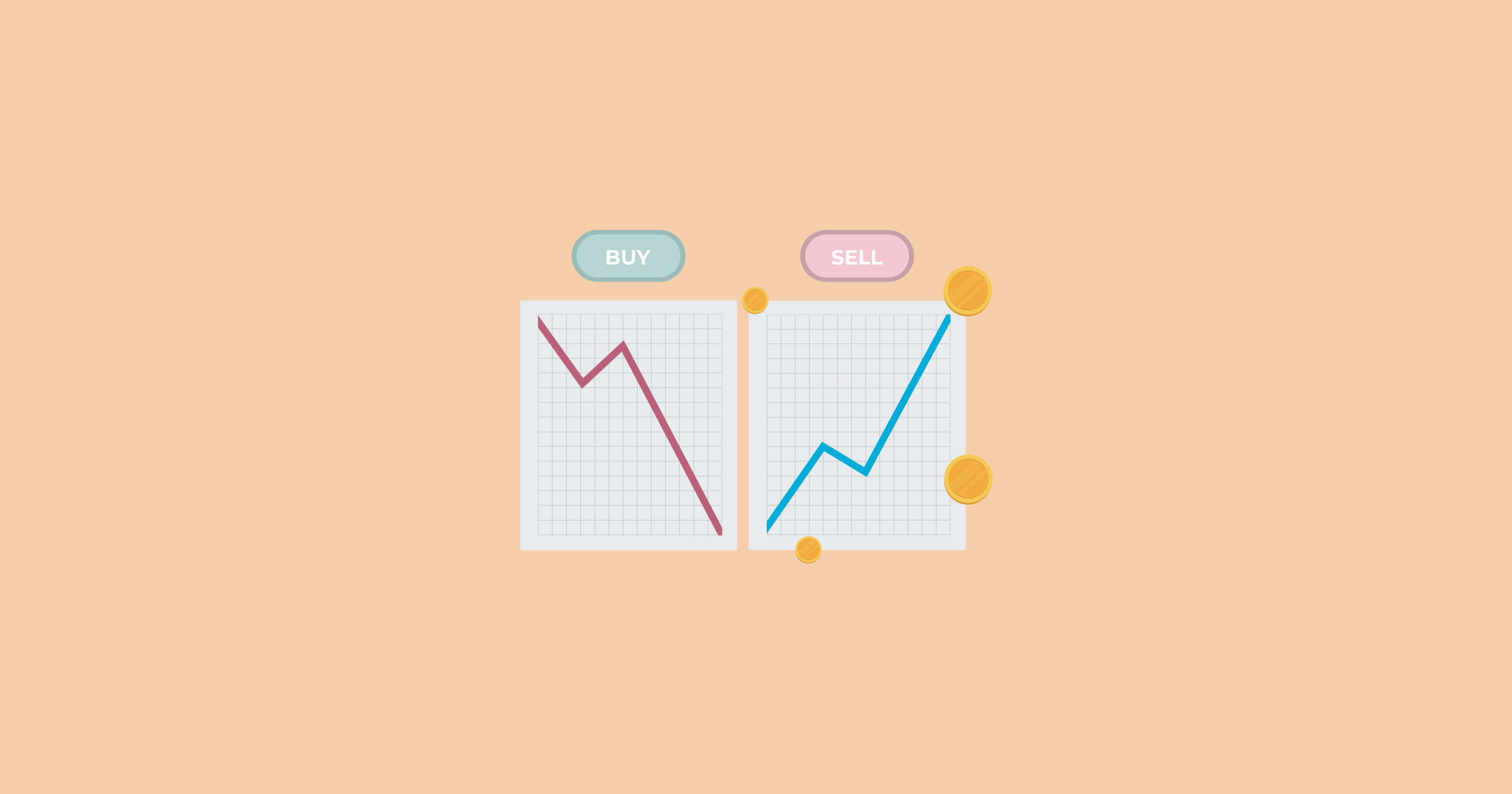In the world of investing, stocks are known primarily for having two things: High growth potential, and the correspondingly high potential volatility.
However, there are some shares which actually don’t fit this mold. They are referred to as “defensive stocks,” and you might want to reserve a place for them in your portfolio, depending on your overall approach to investing.
What are defensive stocks?
In a nutshell, these are shares of a company that give consistent and predictable dividends, and stable earnings, no matter how the market or the economy is doing. That doesn’t mean, of course, that their price never fluctuates, but defensive stocks don’t experience the often-wild swings that other type of stocks are known for.
The flip side to this is the reality that defensive stocks almost never have a spike in their value. You probably won’t be seeing your investment double or triple in less than a year if you put your money in them, although you’re likely to have modest-but-consistent growth over time.
How can you tell if a company’s stocks are defensive?
Possibly the strongest characteristic of defensive stocks is their history of good performance despite varying market conditions. If you find that a company’s shares barely wavered even during a few economic downturns, it is likely to be worthy of the “defensive” label.
Another characteristic is related to the company which issued the stocks. There are certain industries which experience stable demand no matter what is happening in the country or the world, and defensive stocks are usually issued by corporations that are in such industries.
Examples of these are utilities (such as power and water), consumer staples (like food and beverage), and healthcare. Remember though that not all companies in these industries can be said to have defensive shares, just those which have proven themselves in the past.
Do defensive stocks ever change?
It’s possible for stocks that were formerly defensive to no longer be so, but this isn’t an overnight change. For this to happen, the company’s performance would need to have fallen significantly in the past, whether due to a downturn or otherwise.
If this happens to one or more of the defensive stocks you have, you might need to reconsider your ownership of these assets. That’s because they wouldn’t be fulfilling their role in reducing the overall volatility of your portfolio.
This doesn’t mean that such shares would automatically become a bad investment, since they may again be stable after the dip. There’s a chance that they could again be considered defensive in time, when they’re proven themselves once more.

.jpg)
